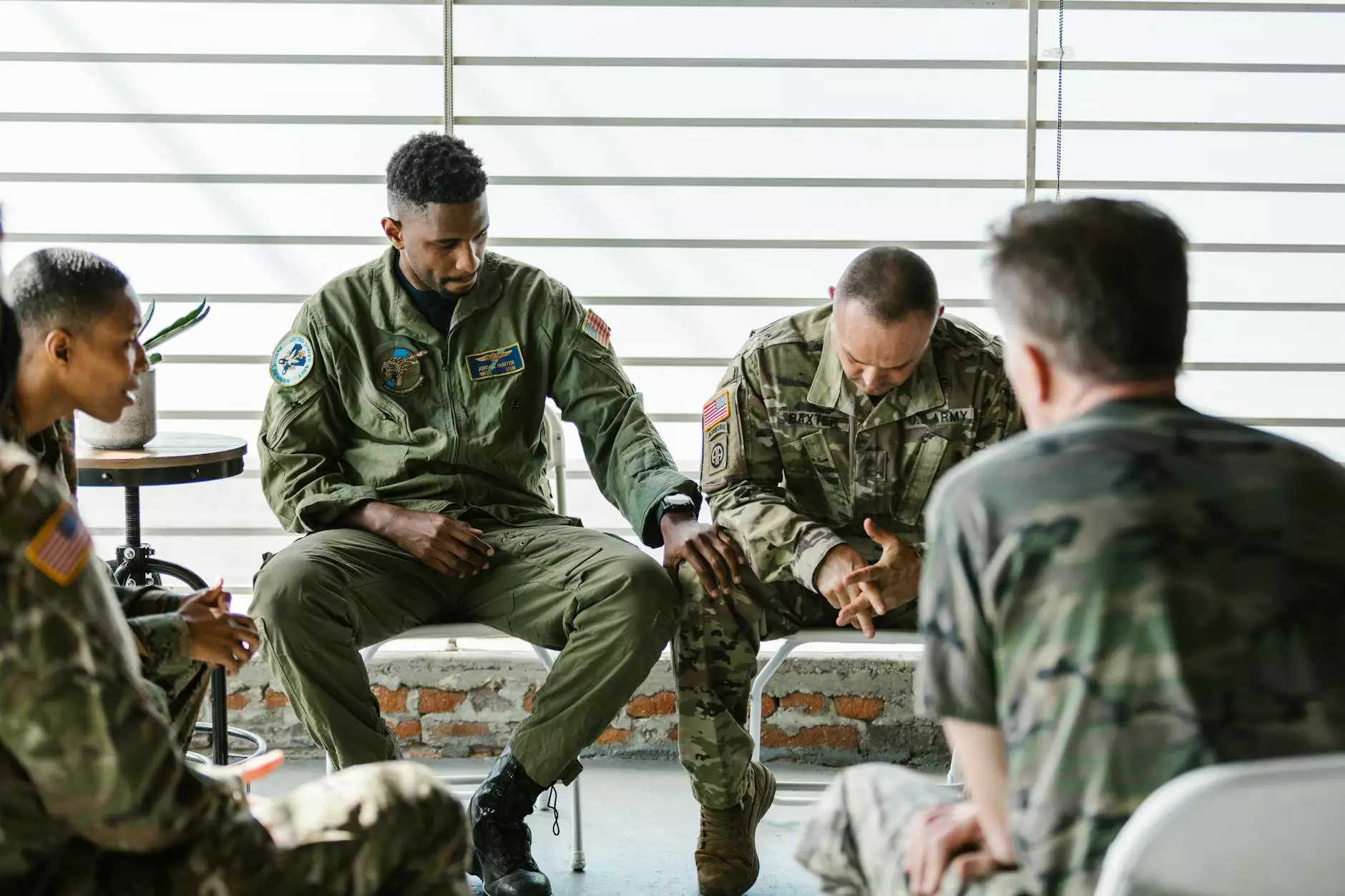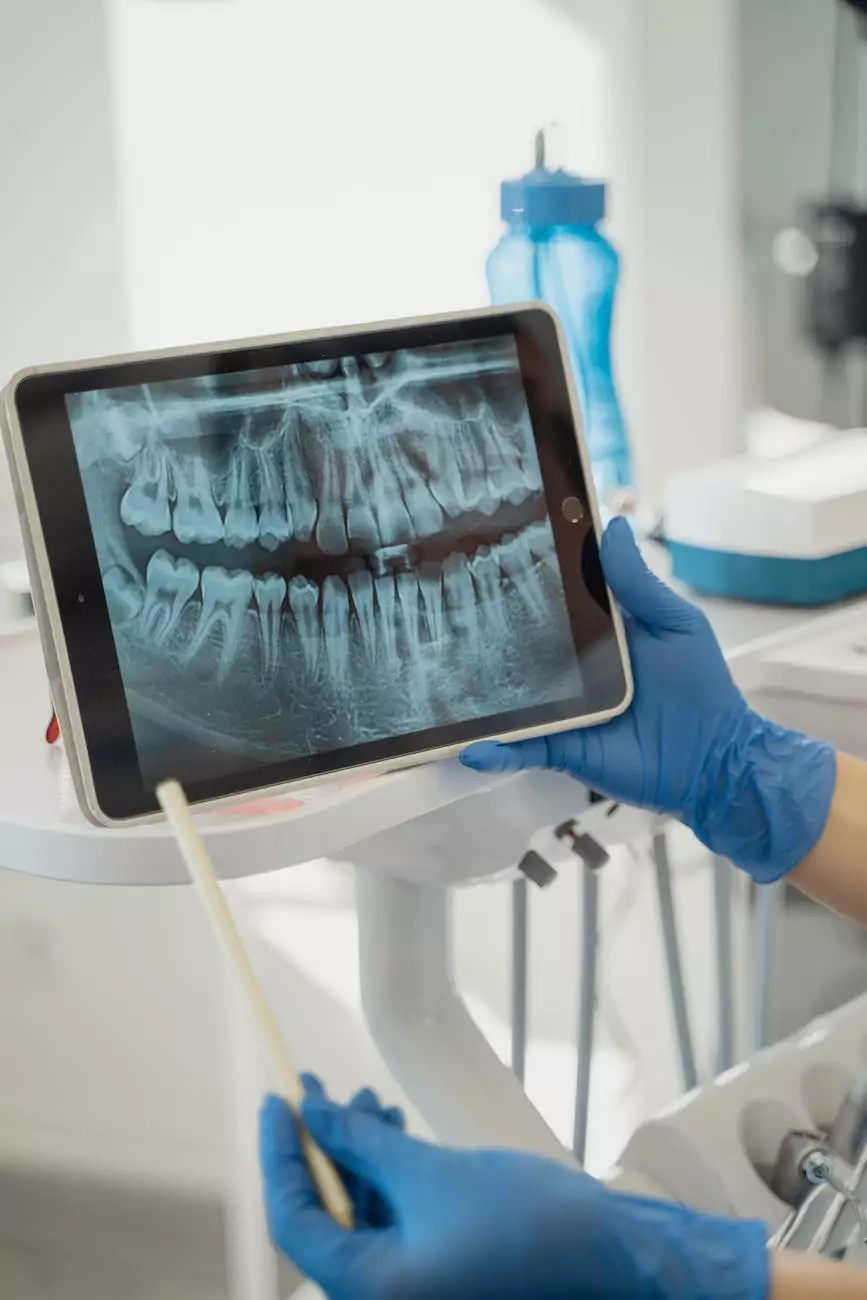Mental Health and Police Teams

Introduction
Welcome to the webpage dedicated to exploring the collaboration between mental health professionals and police teams. At Bay Regional Medical Center, we believe in the crucial partnership between healthcare and public service providers, and how it contributes to a safer community. In this article, we will delve into the importance of Mental Health and Police Teams and how they work together to foster well-being.
The Role of Mental Health and Police Teams
Mental Health and Police Teams play a vital role in addressing critical situations that involve individuals with mental health conditions. Their partnership aims to redirect individuals to appropriate healthcare services rather than resorting to punitive measures. This collaboration is built on mutual understanding, empathy, and the goal of providing the best possible care.
Benefits of Collaboration
The collaboration between mental health professionals and law enforcement officers offers numerous benefits. By working together, these teams can:
- Ensure the safety of individuals in crisis situations.
- Provide immediate mental health assessments to determine appropriate care.
- Reduce the use of force and unnecessary arrests.
- Guide individuals towards appropriate mental health support and resources.
- Improve de-escalation techniques to minimize harm and distress.
Training and Education
Effective collaboration requires specialized training for both mental health professionals and police officers. At Bay Regional Medical Center, we prioritize ongoing education and training to foster a comprehensive understanding of mental health conditions, crisis intervention, and de-escalation techniques.
Mental health professionals undergo extensive training in psychiatric assessment, crisis management, and the use of evidence-based therapies. They possess the skills to recognize and address underlying mental health issues in a sensitive and compassionate manner.
Similarly, police officers receive training in mental health awareness, crisis intervention, and de-escalation tactics. This equips them with tools to approach individuals in crisis situations with empathy and understanding, ensuring the safety of both the individual and the general public.
Collaborative Approaches
Mental Health and Police Teams apply various collaborative approaches to provide comprehensive care. Some common strategies include:
- Crisis Intervention Training (CIT): This training equips officers with the skills to identify and appropriately respond to individuals experiencing a mental health crisis.
- Mobile Crisis Units: These units consist of mental health professionals who accompany police officers to the scene of crisis situations, providing immediate support and assessment.
- Collaborative Response Models: These models involve close communication and information sharing between mental health professionals and police teams to develop coordinated intervention plans.
- Co-Responding: Mental health professionals and police officers work together on-site to address crisis situations, providing immediate mental health assessment and connecting individuals with appropriate resources.
The Impact on the Community
The collaboration between Mental Health and Police Teams has a significant impact on the community. By working together, these teams promote timely access to mental health support and reduce the stigma surrounding mental health issues.
Individuals in crisis situations receive the necessary mental health care, linking them to community resources where they can access ongoing support. This approach ensures that individuals receive appropriate treatment, reducing the likelihood of future crises.
Families and loved ones of individuals with mental health conditions also benefit from this collaboration. They find comfort in knowing that their loved ones are treated with respect and receive the necessary care during challenging times.
Conclusion
The collaboration between Mental Health and Police Teams is essential in creating a safer community and promoting holistic well-being. At Bay Regional Medical Center, we recognize the importance of this partnership and continuously strive to improve the collaboration between these two integral sectors.
By combining the expertise of mental health professionals and police officers, we can ensure that individuals in crisis receive appropriate care, support, and access to relevant resources. Together, we can create a more compassionate and resilient society.




